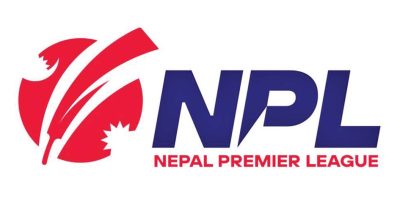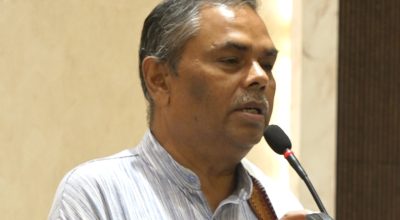
Pabitra Guragain
Kathmandu, Dec 29: At a time when the government has intensified preparations to forward the pending draft bills to the forthcoming parliament session for discussion and passage, a gathering of lawmakers, rights activists, and journalists in the federal capital viewed the Social Network Management and Operation (Draft) Bill-2081 warranted corrections.
They argued numerous gaps in the draft bill could be addressed on time. Freedom of expression (FoE) and journalists’ rights must not be compromised but bolstered in both on and offline spaces, they said, adding that hostile behaviour towards digital platform may jeopardize FoE, which has been enshrined as a fundamental right in the constitution.
Former judge and expert on cyber law and cyber crime, Dr Shree Krishna Bhattarai, presented his observation on the draft bill and showed concern that if it was passed in the present form, it could undoubtedly shrink FoE on digital spheres.
“It reflects a state-driven, control-based approach to the use of social network,” he asserted.
Dr Bhattarai, who has been conducting research on cyber laws, suggested various amendments, advocating for the inclusion of clear and precise terminologies that would protect citizen’s fundamental rights and ensure the bill is in line with constitutional provisions.
Advising to revise the definition of social network, he proposed to clarify what makes an act an offense, how to prove offensive acts and define cyberspace accordingly.
Other terms he sought clear definitions were- sMiShing, vishing, share, cyber stalking. In order to enrich the bill, Dr Bhattarai suggested addition of further terms such as pornography, pedophile, child sexual abuse, age bar for use of social media, abetment to crime, aggregative crime, and accomplice.
“Clarity in punishment is imperative for its enforceability,” he said, suggesting removal of redundancies because there were some mentions that were already included in the Criminal Code.
Similarly, in the next presentation, advocate and Freedom Forum General Secretary Sanjeeb Ghimire voiced concern over the draft bill, expressing wonder why administrative bodies were allowed much power in terms of regulating the content online.
“Although it briefly touches upon compensation, it largely focuses on punishment,” he viewed. He also sought clarity on many terms.
“Vague and blanket approach would not help regulate social networks but creates confusion and control,” Ghimire added. Founder Chair of Digital Rights Nepal, Santosh Sigdel, observed that the document was silent towards the technology-facilitated gender-based violence (TFGBV) and seems unenforceable.
“It incorporates fluid provisions and overlooks the ‘right to appeal’, he assessed. In view of advocate Baburam Aryal, the document attempts to criminalise the principle and practice of free speech and denies the civil remedy.
At the event jointly organized by the UNESCO and Freedom Forum, a representative from Body and Data, an organization that works for digital rights of women, queer people and marginalized groups, viewed that the provision criminalizing the ‘anonymous’ identity warrants serious attention because it prevents people from sexual and gender minorities and queer.
They prefer to use digital space without revealing their ‘true identity’ in the digital space, the representative argued.
Similarly, Freedom Forum Executive Chief Taranath Dahal said although government had launched initiatives to enrich and regulate internet and digital ecosystem of late, the multi-stakeholder approach is essential on it because digital issues are fast evolving and concern many sides at the same time.
“As the constitution has ensured FoE, its protection on both online and offline is significant,” he stressed.
In view of Chairman Hari Binod Adhikari, such discussion would foster alliance for protection of FoE and journalists rights in the wake of ubiquitous digital use and spheres.
It is equally helpful to the lawmakers from different parties to be aware on the pressing issues in the draft bill on social networks, he added.
The document developed by the Ministry of Communications and Information Technology, is likely to be presented in an upcoming session of the parliament after Cabinet endorsement, it is said.
Moreover, Nepali Congress Parliamentary Party Whip Sushila Thing, House of Representatives (HoR) members Ishwori Ghartimagar and Laxmi Tiwari promised to ensure broader discussions on the document, bearing in mind the concerns raised in the event. #nepal #cso #Rss












